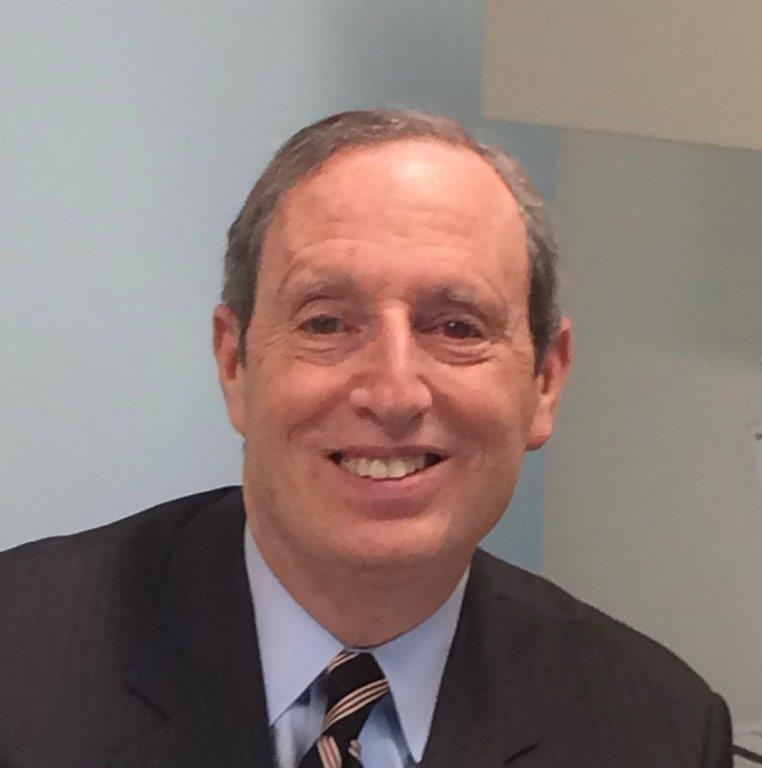
Herbert M. Chain
Shareholder, Mayer Hoffman McCann P.C. Deputy Technical Director, Global Audit Group, Kreston Global
Herbert M. Chain is a highly experienced auditor and is a financial expert with over 45 years of experience in business, accounting, and audit, having served as a Senior Audit Partner at Deloitte. He holds certifications from the National Association of Corporate Directors and the Private Directors Association, with knowledge of private company governance and effective risk management. He has extensive knowledge in the financial services sector, including asset management and insurance.
Contact Herbert here
How audit companies can support staff to better detect financial fraud
August 18, 2023
Recently, Herbert M Chain, Deputy Technical Director at Kreston Global Audit Group and Shareholder at Mayer Hoffman McCann P.C. spoke to Bloomberg Tax about a holistic approach audit companies must employ to support staff to identify financial fraud effectively. Read the full article or the summary below.
Increasing risk in the audit process
Recent data from the Public Company Accounting Oversight Board in the U.S underscores the correlation between firm culture and audit quality. The study highlights an alarming increase in audit deficiencies, set to climb for a second consecutive year. A significant 40% of these deficiencies in 2022 are linked to cultural aspects such as leadership’s commitment to superior audits, compliance, and staff churn.
At its essence, the culture of a firm serves as an unseen guiding hand, setting the tone for behavioural norms, professional duties, and interpersonal interactions. A perfect alignment of culture, values, processes, and training is imperative to empower auditors to address potential fraud risks.
In the world of auditing, ensuring that professionals are adept at pinpointing and addressing financial fraud is multifaceted. At its core, each auditor works within a framework of professional standards, controls, and strategies tailored to spot and react to fraudulent financial statements. This system—rooted in the culture of the auditing firm—is a cornerstone of the company’s quality control mechanism.
Auditor toolkit to reduce deficiencies
Scepticism as a daily practice
For auditors, embracing professional scepticism is non-negotiable. It emphasises a probing mindset and a scrupulous assessment of audit evidence—key to recognizing and countering potential fraud risks. Auditors, in every step of the process, are expected by regulators, stakeholders, and the public to apply this scepticism.
Auditors with sharp scepticism are not just passive observers. They actively hunt for signs of fraud and methodically inspect every piece of evidence. Their scepticism also helps in assessing managerial responses, ensuring they are not only rational but also evidence-backed. Both intrinsic scepticism and context-driven scepticism shape an auditor’s approach.
Elevating this sense of scepticism through training, awareness programs, and supervision can significantly enhance the trustworthiness of financial audit reports.
Financial Auditing vs. Forensic Auditing
Drawing a line between financial statement auditing and forensic auditing is imperative. While the former is designed to offer an unbiased opinion on the authenticity of financial records, the latter digs deep into suspicions of fraud for legal documentation.
Auditors in financial audits maintain impartiality, while forensic auditors operate under a presumption of potential misconduct. It’s a delicate act for auditors to maintain objectivity, yet remain alert to discrepancies.
Nurturing staff expertise
“Due care” is a revered principle in auditing, defining the expertise and diligence auditors should bring to the table. For auditors to be effective, they need expertise, awareness, and adequate oversight—this means entrusting complex evaluations to seasoned professionals rather than novices.
Cultivating a culture that champions learning is vital for auditors to counter financial fraud risks. Academic research supports the idea that well-trained auditors, equipped with fraud detection knowledge, are more sceptical, employ advanced methods, and stand a higher chance of identifying deceit.
When developing training programs, audit firms should:
- Promote scepticism and analytical thought: Cultivate a culture that values scepticism and analytical thought. Train auditors to challenge assumptions and view evidence with a discerning eye. Offer guidance on how to scrutinize managerial claims and navigate potential biases.
- Raise fraud awareness: Educate auditors about different fraud tactics, warning signals, and potential indicators.
- Impart forensic accounting skills: Introduce staff to specialized fraud detection and prevention tools and techniques.
- Teach control assessment: Instruct auditors on how to spot control vulnerabilities that may elevate fraud risks.
- Enhance interview and enquiry skills: Train staff to extract vital details during fraud discussions and guide them on the intricacies of fraud investigations.
- Encourage continued learning: Push for ongoing learning in fraud detection and encourage acquiring certifications, attending seminars, or workshops related to fraud.
Embracing Technological Advances
With technology evolving rapidly, auditors can no longer afford to be on the sidelines. Forensic data tools are increasingly finding their place in the auditor’s arsenal, especially in cases with high fraud concerns. Similarly, AI-powered systems, like expansive language models, are being harnessed to spot and analyze potential fraud.
Turning a blind eye to these developments is perilous. It’s imperative for firms to integrate these tools into their strategy and train their team accordingly.
Mastering data analytics is crucial. By scrutinizing transactional data, algorithms can pinpoint anomalies like unforeseen revenue fluctuations or dubious transactions. Alongside this, auditors need a grasp on data visualization, statistical techniques, and data mining.
The power of AI can’t be ignored. AI can process vast data amounts, spot patterns, and offer invaluable insights. It’s essential for auditors to have a robust understanding of AI technologies. But, it’s also vital to be aware of its limitations, ensuring AI is used judiciously and its outcomes critically examined.

